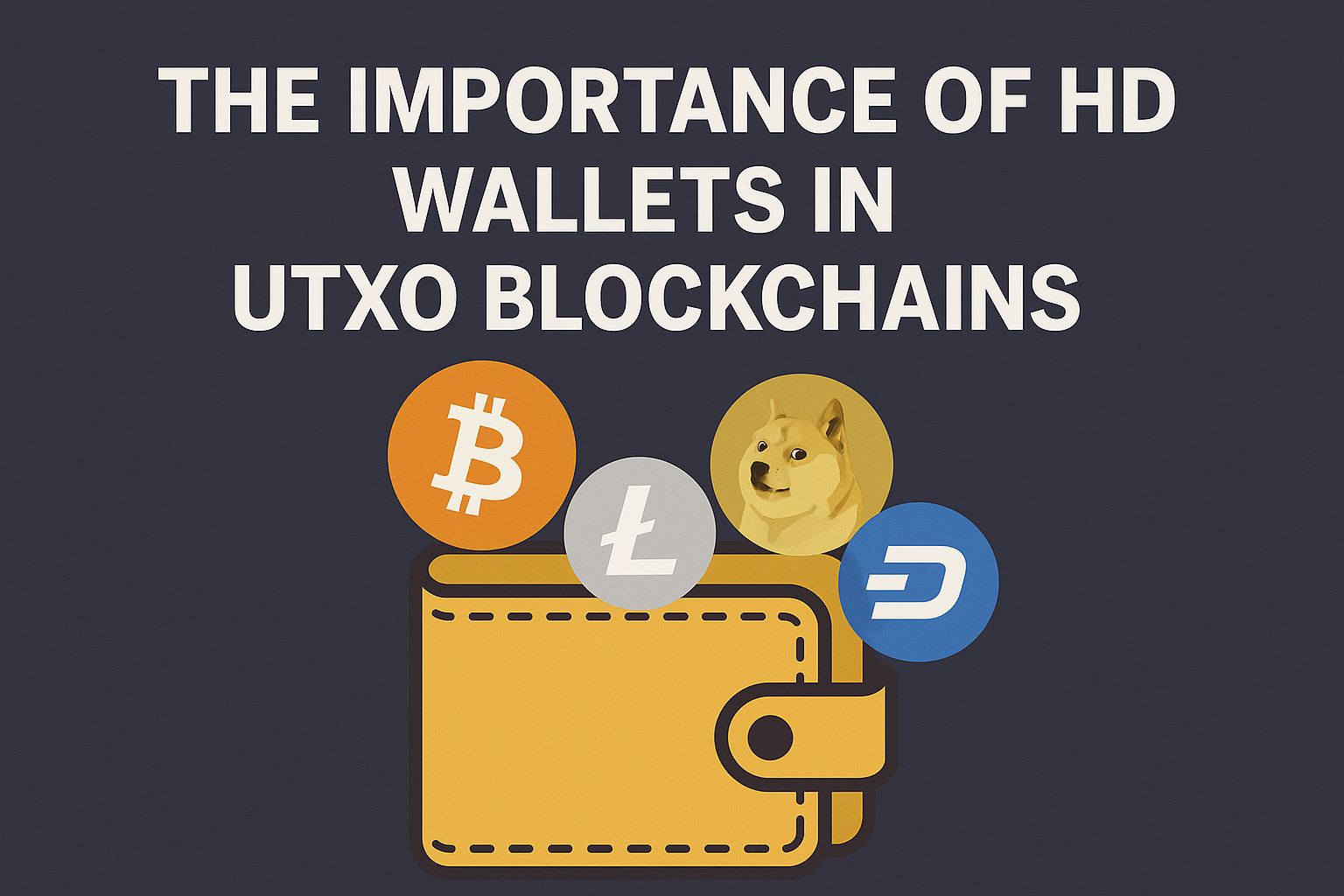Liechtenstein Cryptocurrency Adoption: A Leap Towards Blockchain Integration
In the latest episode of the Real World Blockchain Podcast, host Gauthier Lamothe teams up with co-hosts Niles Lee-Smith, Zoe Braiterman, and Rebecca Kaplan to dive into the exciting developments shaping the cryptocurrency world. This episode focuses on Liechtenstein’s groundbreaking decision to adopt cryptocurrency as legal tender and the implications this holds for the global blockchain ecosystem. Other key topics include updates on the FTX repayment efforts, a record-breaking Bitcoin seizure in Germany, and China’s underground crypto scene despite regulatory bans.
Liechtenstein Leads with Cryptocurrency Integration
Liechtenstein, a small yet economically influential European nation nestled between Austria and Switzerland, has made headlines by officially allowing its citizens to use cryptocurrencies like Bitcoin and Ethereum as legal tender for public services. Residents can now pay for essential services such as health insurance and driving licenses using digital currencies, demonstrating how governments are beginning to embrace blockchain technology.
The podcast panel explores how this move could inspire other nations to integrate cryptocurrencies into their state operations. As Niles highlights, this step symbolizes a new era of trust and legitimacy for crypto, potentially encouraging larger economies to follow suit. Zoe adds that Liechtenstein’s approach could create fresh financial opportunities, particularly in regions underserved by traditional banking systems. This is extremely positive for efforts like ours, where Web3 Enabler focuses on enabling adoption via Salesforce.
FTX Repayment: A Glimmer of Hope for Customers
Shifting gears, the podcast examines the latest developments in the FTX saga. Recent court hearings suggest that the exchange may repay customers in full during its bankruptcy liquidation process. While the panel welcomes this potential resolution, they also critique the reckless management that led to the collapse, noting its lasting impact on public trust in cryptocurrencies.
Rebecca emphasizes how scandals like FTX tarnish the industry’s image, likening it to the portrayal of morally ambiguous characters in popular media. Meanwhile, Zoe reflects on the broader need for stronger regulations to protect investors and rebuild confidence in blockchain solutions.
Germany’s $2.1 Billion Bitcoin Seizure
In another major development, German authorities recently seized $2.1 billion worth of Bitcoin linked to a piracy operation. This marks one of the largest Bitcoin confiscations in history and underscores the increasing ability of law enforcement to tackle illegal activities in the crypto space.
While this action demonstrates the legitimacy of cryptocurrencies as financial assets, the hosts debate whether such high-profile cases reinforce negative stereotypes about Bitcoin. Niles points out that these incidents might overshadow the positive use cases of blockchain technology, particularly for businesses adopting crypto as a payment solution.
China’s Crypto Underground: Resilience Amid Restrictions
Despite its ban on Bitcoin trading and mining, China remains one of the world’s largest markets for cryptocurrencies. The podcast delves into how individuals in the country are finding innovative ways to bypass government restrictions, often using small rural banks and peer-to-peer transactions to facilitate crypto trading.
Zoe explains the technical challenges of enforcing such bans, noting that while governments can track transactions, they cannot entirely block decentralized networks. Rebecca adds that this resilience reflects the human instinct to seek financial freedom, even in the face of regulatory hurdles.
The Future of Cryptocurrency Adoption
The episode concludes on an optimistic note, with the hosts predicting broader adoption of cryptocurrencies as governments and institutions continue to explore their potential. Liechtenstein’s cryptocurrency adoption serves as a model for other nations, while FTX’s repayment efforts could help restore public trust in the industry. At the same time, regulatory actions in Germany and China highlight the ongoing tension between innovation and control in the blockchain ecosystem.








